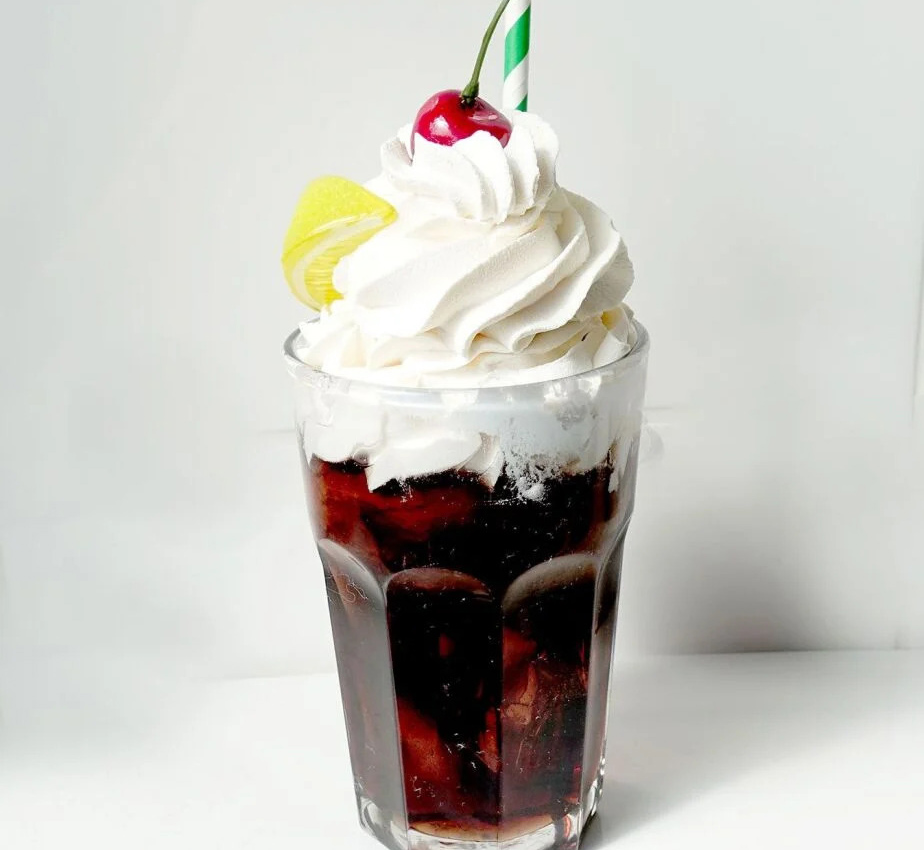Is Cranberry Juice Good For You? The Tangy Truth
Is Cranberry Juice Good For You? The Tangy Truth
For decades, cranberry juice has occupied a unique space in the pantheon of health foods. Touted as a home remedy and a supermarket staple, it's praised for its vibrant color and sharp, tart flavor. But does this popular beverage live up to its healthy reputation, or is it merely a sugary drink in disguise? The truth, it turns out, is a nuanced blend of potent benefits and significant caveats.
A Nutritional Powerhouse: The Case For Cranberry Juice
At its core, the cranberry is a genuinely powerful berry. It's not the vitamin content that makes it exceptional—though it does provide a good dose of Vitamin C and K—but its incredible array of plant compounds.
|
• Urinary Tract Health (The Famous Claim): This is the most well-known benefit, and for good reason. Cranberries contain unique phytonutrients called A-type proanthocyanidins (PACs). These compounds prevent bacteria, specifically E. coli, from adhering to the lining of the urinary tract and bladder. By stopping this adhesion, the bacteria are flushed out of the body during urination, potentially preventing infections from taking hold. It's important to note that while it may be effective as a preventative, it is not a proven cure for an existing UTI.
• Antioxidant and Anti-Inflammatory Properties: Cranberries are loaded with antioxidants, including flavonoids and polyphenolic acids. These compounds |
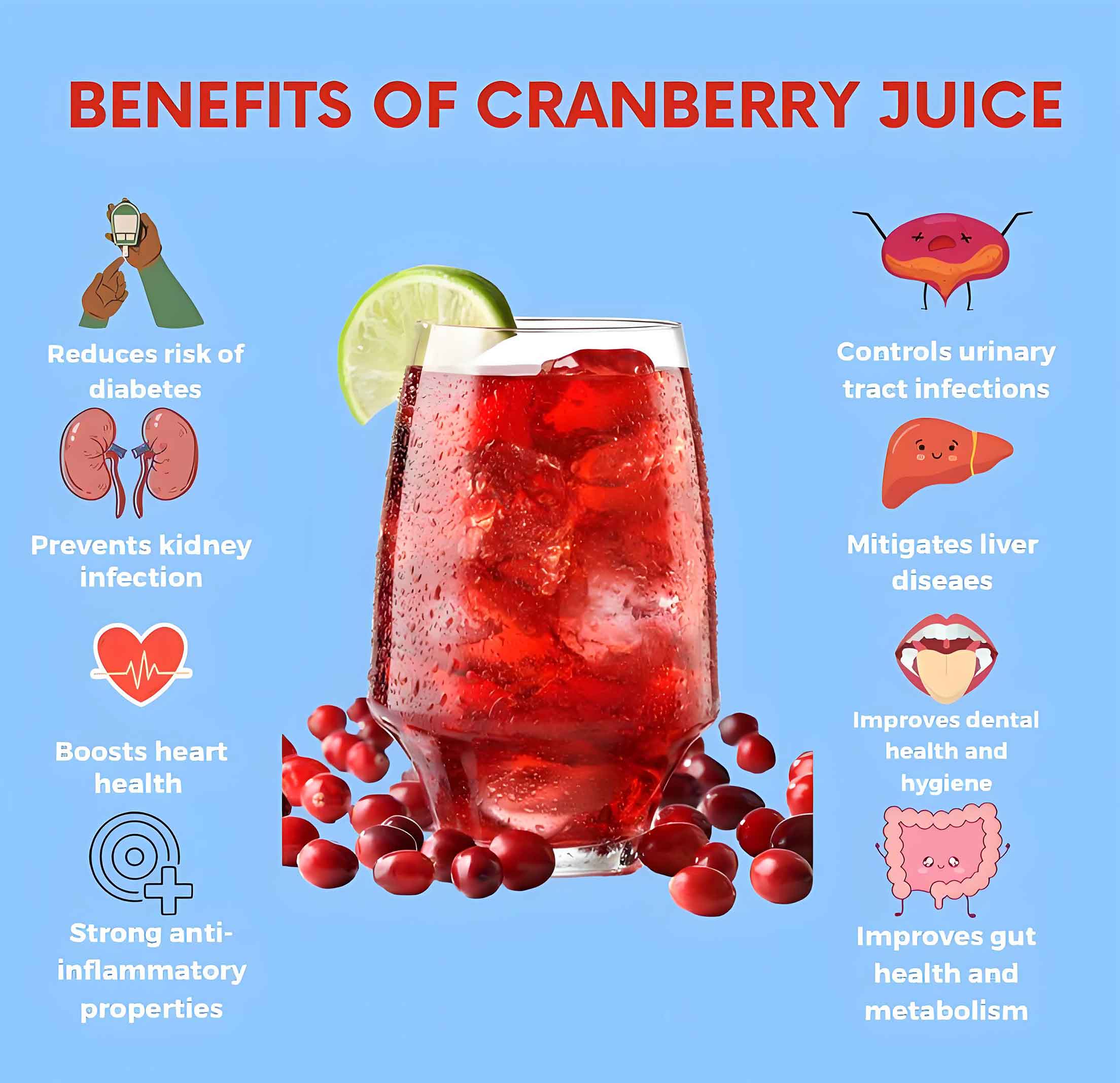 |
help neutralize free radicals in the body, reducing oxidative stress and chronic inflammation, which are root causes of
many diseases, from heart disease to certain cancers.
• Heart Health Support: Emerging research suggests that the polyphenols in cranberry juice may contribute to
cardiovascular health. Studies have indicated it can help by increasing levels of HDL ("good") cholesterol, lowering LDL
("bad") cholesterol, and improving blood vessel function, which can lead to reduced blood pressure.
• Digestive and Gut Health: The same anti-adhesion properties that help the urinary tract may also benefit the gut. By
preventing harmful bacteria from clinging to the stomach lining, cranberry juice may promote a healthier balance of gut
flora. Furthermore, the compounds in cranberries may help suppress the H. pylori bacteria, a primary cause of stomach
ulcers.
The Significant Downsides: Sugar and Calories
Here is where the story takes a sharp turn. Pure, 100% cranberry juice is intensely and almost undrinkably tart due to its very low sugar and high acid content. To make it palatable for the mass market, most commercial producers add substantial amounts of sweeteners.
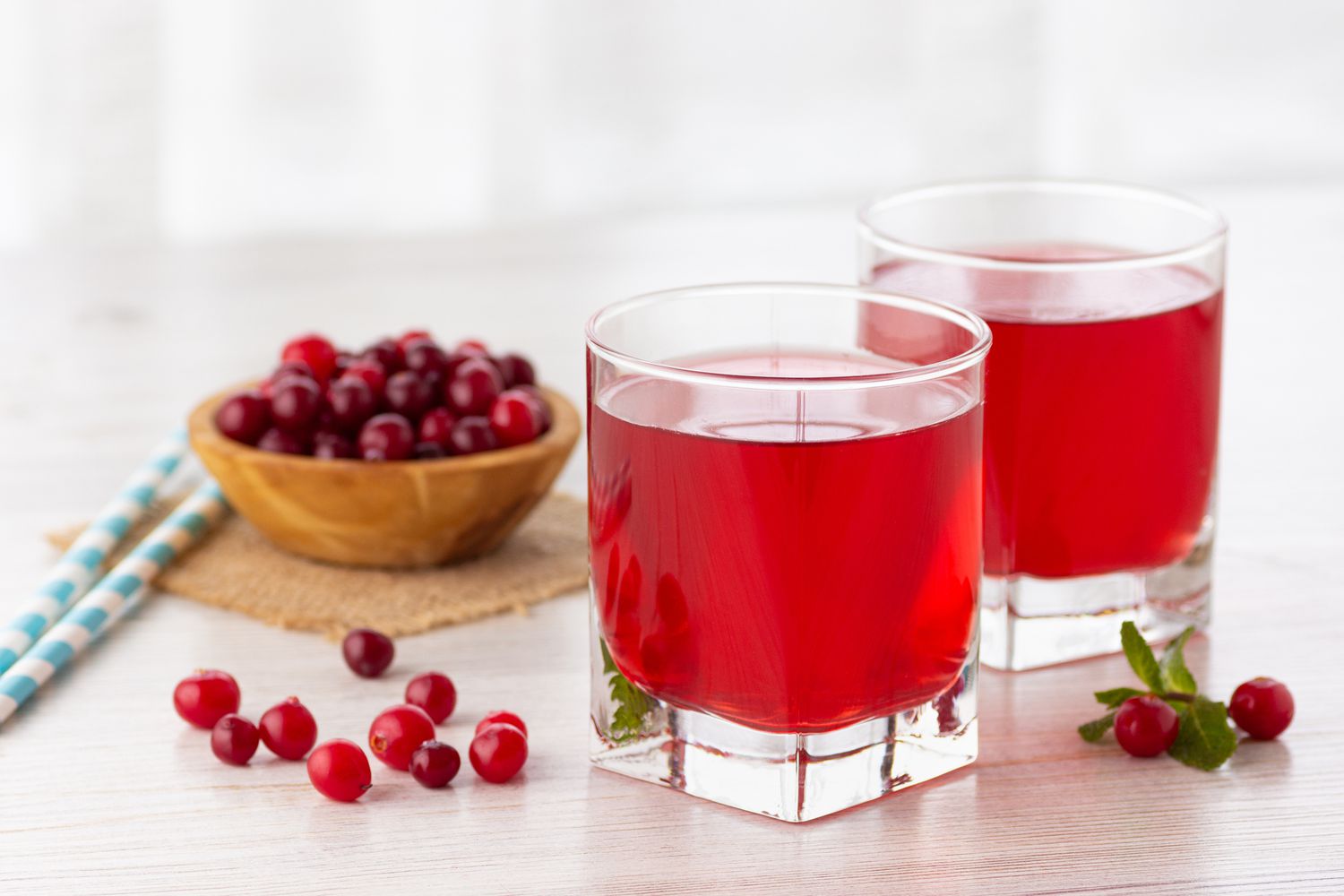 |
• The "Cocktail" Problem: Most bottles labeled "cranberry juice cocktail" contain only a small fraction of actual juice—sometimes as little as 15-30%. The rest is water, sugar (often high-fructose corn syrup), and other fruit juices from concentrate. A single 8-ounce serving of these cocktails can contain over 30 grams of sugar, which is comparable to a can of soda. |
|
• Health Implications: Consuming these high-sugar beverages regularly can lead to weight gain, blood sugar spikes (a significant concern for diabetics), and an increased risk of dental cavities. The added sugar can effectively negate the anti-inflammatory benefits of the berries, contributing to inflammation instead. |
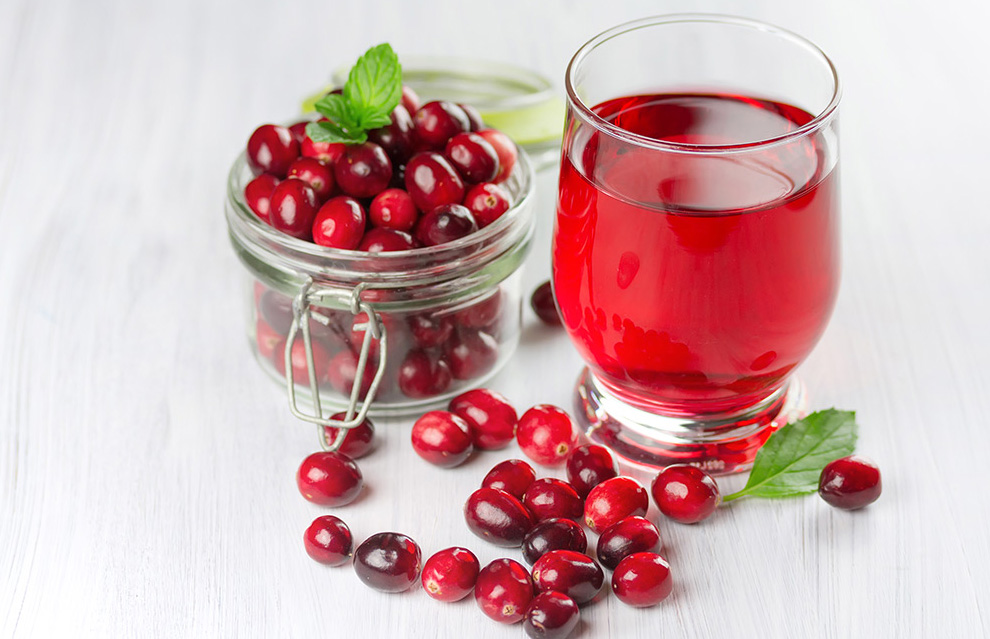 |
Choosing Wisely: How to Find a Truly Healthy Juice
To harness the benefits without the drawbacks, you must become a label detective.
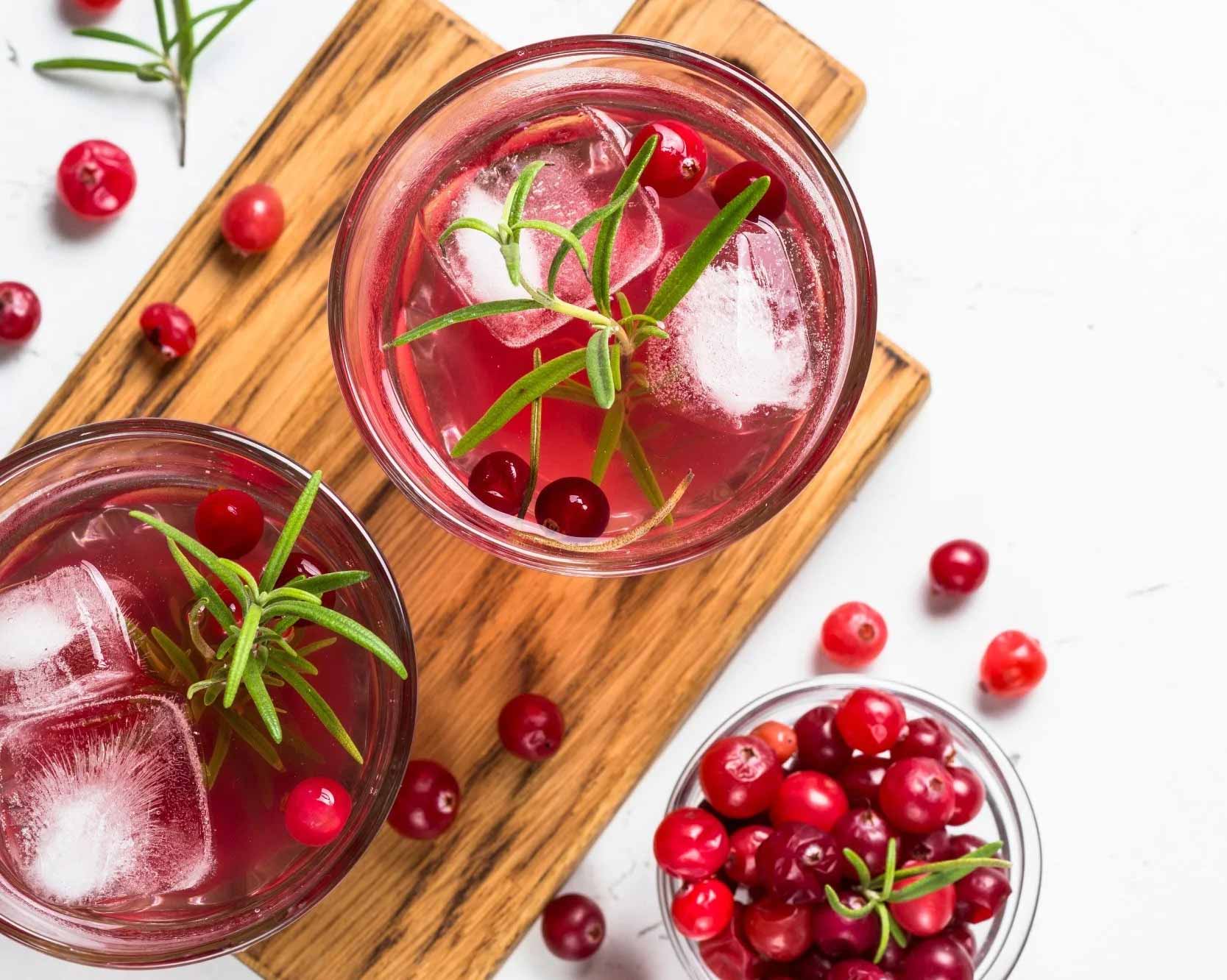 |
1. Seek "100% Juice": This is the most important rule. Avoid any product labeled "cocktail," "punch," "beverage," or "drink." These are dead giveaways for added sugar.
2. Scrutinize the Ingredient List: The label should say "100% cranberry juice" or list cranberry juice and perhaps another unsweetened juice (like apple) to cut the tartness. If you see "cane sugar," "high-fructose corn syrup," or any other sweetener in the ingredients, it's not a pure product. |
|
3. Consider Dilution: Pure cranberry juice is potent. A great strategy is to buy a bottle of 100% juice and dilute it with water or sparkling water. You can control the sweetness yourself with a tiny amount of honey or stevia if needed.
4. Mind the Portion: Even with pure juice, moderation is key due to its natural acidity and sugar content (albeit natural). A small 4-8 ounce glass per day is sufficient. |
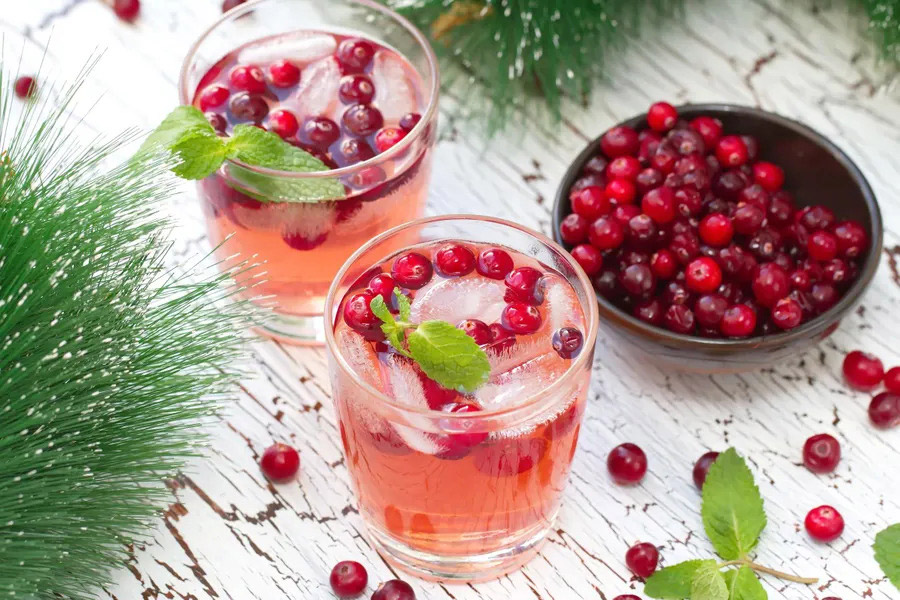 |
The journey of this healthy juice from berry to bottle relies on sophisticated technology. After harvesting and pressing, the juice is pasteurized to ensure safety and stability. The final, critical step is packaging. This is where a high-quality juice filling machine plays a vital role. An advanced juice filling machine is engineered to handle the acidic nature of cranberry juice and often utilizes a hot-fill-hold process. This technique fills the juice at a high temperature into sterile containers, creating a vacuum seal as it cools, which preserves the product without artificial preservatives. The precision and hygiene of the juice filling machine are paramount to delivering a safe, shelf-stable, and nutrient-rich product to consumers.
The Final Sip
So, is cranberry juice good for you? The answer is a conditional yes. Pure, unsweetened, 100% cranberry juice, consumed in moderation, can be a valuable addition to a healthy diet, offering unique compounds that support urinary, heart, and digestive health. However, the sugary cocktails that line most supermarket shelves are not health drinks. For the greatest benefit, choose your juice wisely, read labels meticulously, and remember that whole cranberries—though less convenient—provide all these benefits plus valuable dietary fiber.

